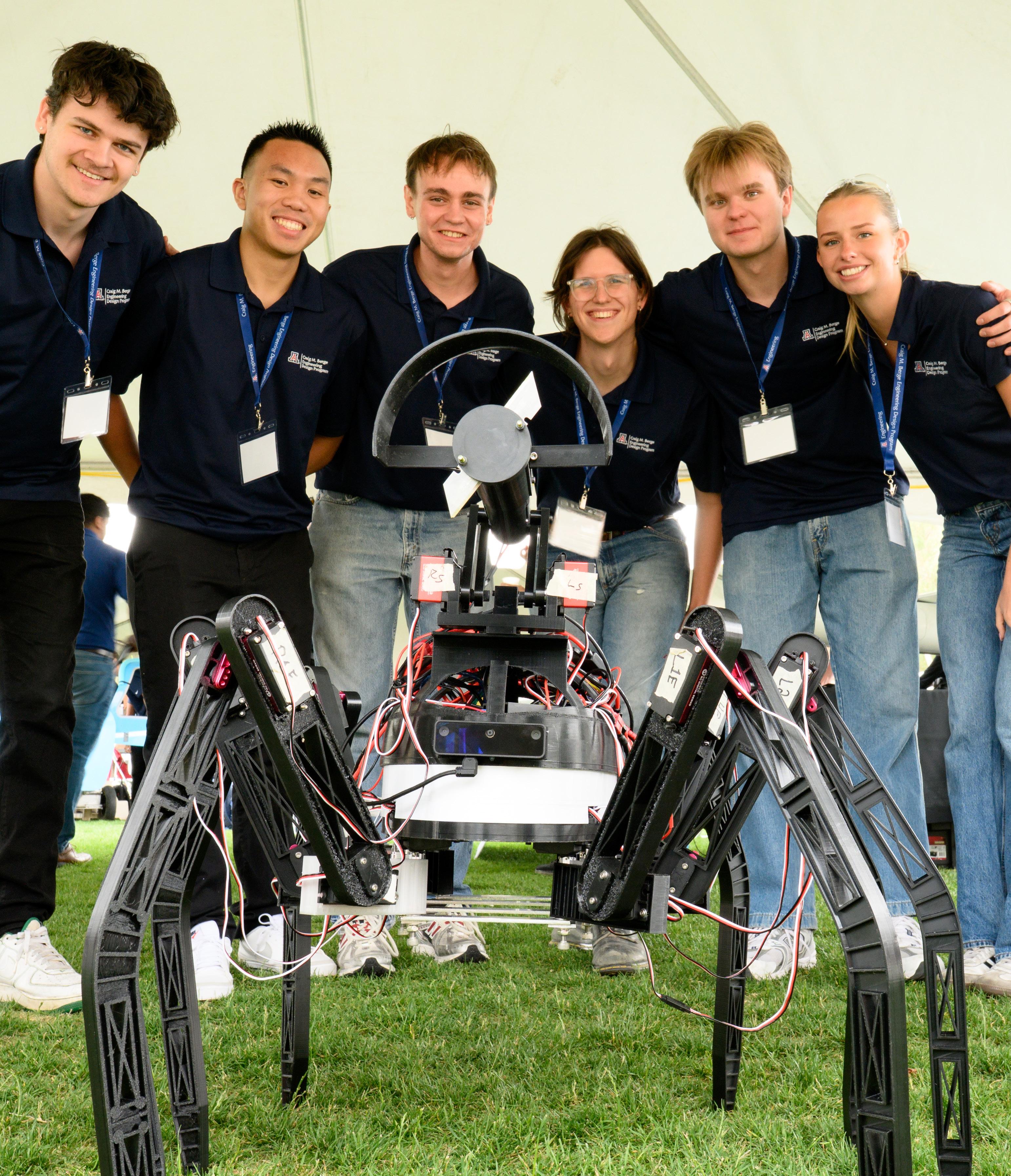




Join the University of Arizona’s best and brightest in the College of Engineering. Collaborate with renowned faculty and industry experts to tackle some of the most pressing global challenges – in health care, renewable energy, autonomous vehicles and cybersecurity, for example. Whether you dream of designing smart buildings or traveling to the vast corners of outer space, a UA Engineering degree can take you there.
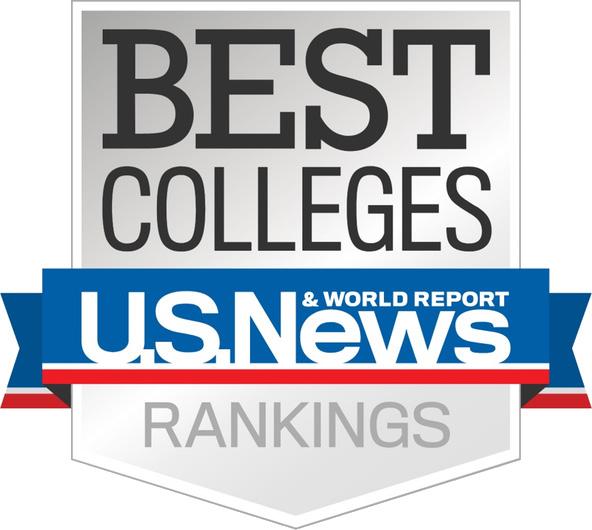
Top 30
Undergraduate Engineering
Public Universities
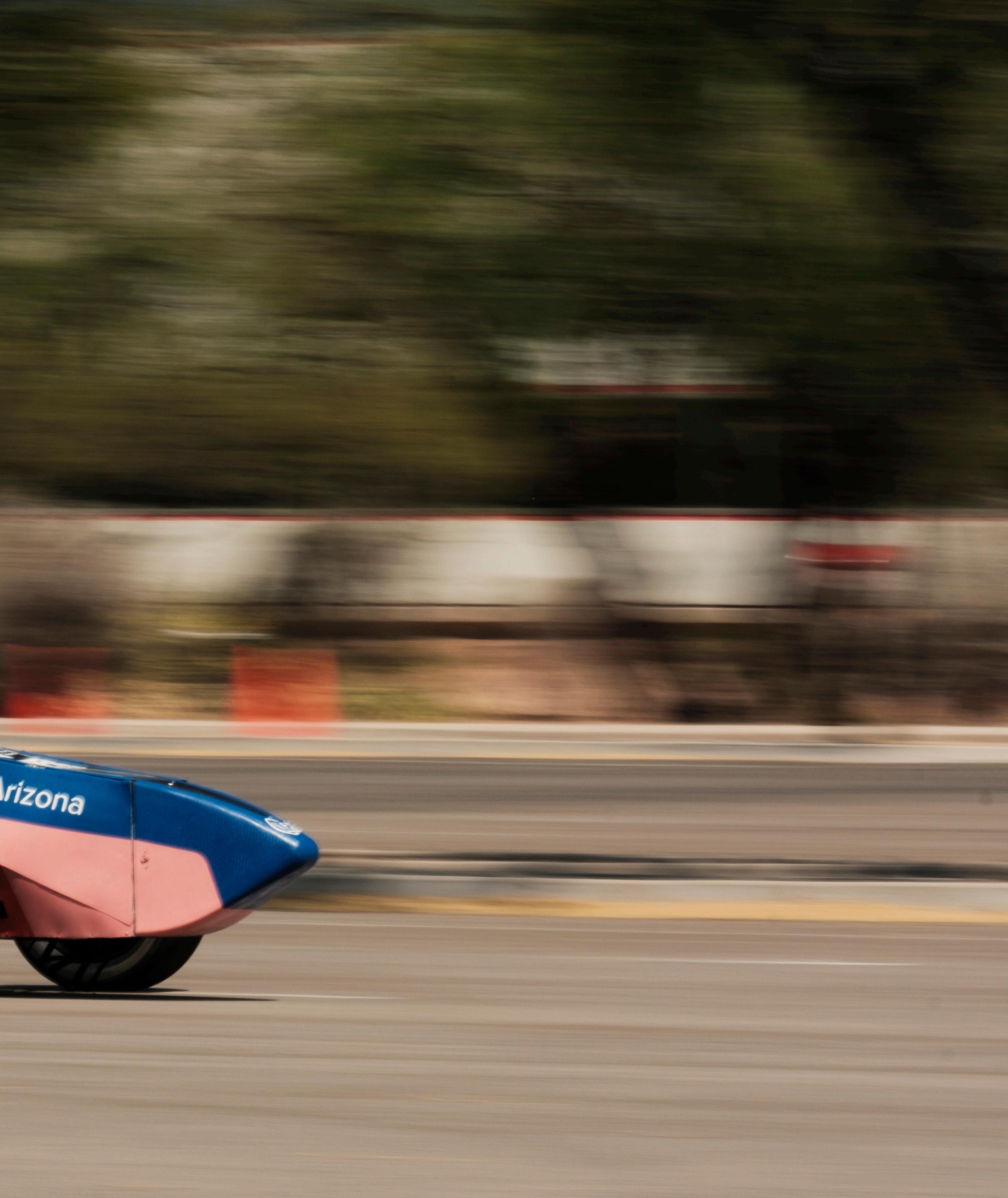
Top 20
Public Research
#1 Water Resources
(National Science Foundation) #4 Space Sciences
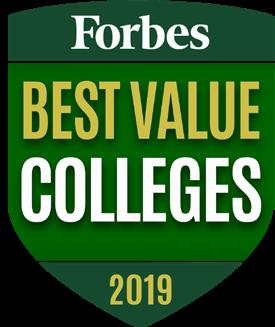
Top 50 Best Value University
Take flight and space exploration to new levels. Develop technologies for companies such as Raytheon, Honeywell, Boeing, Lockheed Martin and General Dynamics. Immerse yourself in thermodynamics, fluid mechanics, solid mechanics, aerodynamics, gas dynamics and control system design. Test your designs in supersonic wind tunnels! ame.engineering.arizona.edu
Build the bridge between architects, engineers and contractors. Expand your options in the construction industry. Draw from civil, electrical and mechanical engineering principles. Learn to plan, design and manage construction of safe, economic, sustainable and resilient buildings – from structural integrity to efficient heating and cooling. caem.engineering.arizona.edu
Help change the practice of medicine, and improve health care. Use your skills in engineering, biology and medicine to create technologies and methods ranging from advanced imaging and prosthetics to gene testing and drug therapies. This approved pre-med program includes options in biomaterials, biomechanics, and biosensors and microtechnologies. bme.engineering.arizona.edu
Lead the charge to a sustainable future, on Earth and beyond. Integrate engineering, mathematics and biology to design soil and water resource management systems and biomedical and biological technologies. Focus on intentional use of energy, materials, biochemicals and recyclables. Choose water resource engineering or biological engineering. be.arizona.edu


Discover ways to better the human condition – safely and economically. Improve processes, materials and technologies for manufacturing consumer products; producing food and pharmaceuticals; and providing clean water, air and fuels. Build skills that are highly demanded by many industries. Or, embark on your journey to graduate studies or medical school.
chee.engineering.arizona.edu
Build infrastructure to withstand the forces of nature and humankind. From earthquake-proof construction to improved traffic flow, help bolster modern society. Engineering focus areas include environmental, geotechnical, hydraulic, structural, transportation and heavy construction management – all with underpinnings of sustainability and resiliency.
caem.engineering.arizona.edu
Become a multifaceted expert. Through expertise in multidisciplinary engineering technologies, graduates are pushing the limits of what can be achieved in fields like artificial intelligence, quantum computing, cybersecurity and robotics.
ece.engineering.arizona.edu
Create technology to make life healthier, safer and more mobile. Work at the heart of some of the most rapidly developing technology humankind has ever seen. Gain a solid foundation to advance smart grids, driverless cars, robots, cybersecurity, quantum computing and communications, remote disease diagnostics and mobile health care, for example.
ece.engineering.arizona.edu
Protect, clean up, recycle and reuse the world’s natural resources. Develop ways to prevent pollution and rid soil and groundwater of hazardous materials. Create technologies for water purification, wastewater treatment, air pollution control, and recovery of resources and energy from waste. Prepare for a career in industry or with a public agency.
chee.engineering.arizona.edu
Devise effective processes for an increasingly smart world. From making smartphones to streamlining hospital operations and shortening lines for roller coaster rides, efficiency is key in industry. Take courses in operations research, production analysis, information management, embedded computer systems, and human factors and ergonomics. sie.engineering.arizona.edu
Improve the business of high technology. Build your dreams with hands-on technical skills and then turn those ideas into commercial success. Pursue your path to success with classes that develop an engineering mindset along with strong business, leadership and entrepreneurial capabilities. sie.engineering.arizona.edu
Join the front lines of intelligence and cyber defense. Meet the complex challenges of modern intelligence work through hands-on training, expert instruction and specialized study tracks. Designated as an Intelligence Community-Center of Academic Excellence (IC-CAE) by the Defense Intelligence Agency. cyberintel.engineering.arizona.edu
Work at atomic and molecular levels to achieve globally significant results. Become an expert in materials properties, failure analysis, manufacturing techniques and quality assurance. Use glass, ceramics, plastics, polymers, composites and metals to create devices and systems essential for solar energy production, information technology and medicine. mse.engineering.arizona.edu
Design, test, build and maintain almost anything that moves. Use your math skills, computational tools and the laws of physics to work on vehicle parts, biomedical devices and solar energy systems. In this broad academic discipline, study solid and fluid mechanics, thermal sciences, dynamics and controls, nanotechnology, and mechanical design. ame.engineering.arizona.edu


Put on your hard hat and head down into the UA’s San Xavier mine. Drill deep into your interests with focus areas in mine operations, geomechanics, sustainable resource development and mineral processing. Take advantage of a lab experience like none other – the only student-run, multilevel mine in the United States with a working vertical shaft. mining.arizona.edu
Produce lenses, microscopes, telescopes, lasers and fiber optics. Work on projects like the Giant Magellan Telescope and OSIRIS-REx, an uncrewed space probe that will land on an asteroid and return to Earth with a sample. Four focus areas – optics, optoelectronics, optical materials and optomechanics – are geared to industry needs and grad school. optics.arizona.edu
Prepare for some of the world’s top technology jobs. Software engineers build the technological infrastructure for our increasingly connected world. Learn to solve complex engineering problems throughout the software development lifecycle, and apply your skills to areas including automation, big data and space exploration. ece.engineering.arizona.edu
Use your imagination – from concept to production to operation. Design and manage complex systems involving machines, people, software, hardware, materials and energy. Improve health care, transportation, environmental, defense and space systems. Among course topics are probability and statistics, system theory, decision analysis, and simulation. sie.engineering.arizona.edu
SARAH H., second-year student “ ”
That’s what I love about this college: We don’t have to declare a major until our sophomore year. It allows us to find what engineering discipline really fits.
engineering.arizona.edu/undergrad/resources
While earning an engineering degree is a rigorous undertaking, resources abound to help you stay on track. For example, consistently attending math study groups helps undergraduates improve their grades. And taking part in faculty office hours positions students to obtain letters of recommendation and secure research roles. Taking advantage of opportunities provided by the College of Engineering is key to success in your major and beyond.
ACADEMIC SUPPORT & SERVICES
• Weekly math study groups
• Test reviews
• Study-a-thons
• Individualized advising

• Course registration labs
• Academic skills workshops
• Peer tutoring
• Supplemental instruction
engineering.arizona.edu/clubs
The College of Engineering’s 50+ clubs and organizations provide opportunities for you to delve deeper into your interests, build camaraderie with classmates, gaining leadership and practical skills, and connecting with professionals.
Alpha Epsilon, Eta Beta Chapter
American Institute of Aeronautics and Astronautics
American Institute of Chemical Engineers
American Society for Engineering Management
American Society of Civil Engineers
American Society of Mechanical Engineers
Architectural Engineering Institute
Arizona Autonomous Vehicle Club
Associated General Contractors
Baja Wildcat Racing
Biomedical Engineering Society
Biosystems Engineering Club
Design-Build Institute of America
Engineering Student Council
Engineers Without Borders
Homebrewers of Arizona
Institute of Electrical and Electronics Engineers
Institute of Industrial & Systems Engineers/ International Council on Systems Engineering
Institute of Transportation Engineers
K7UAZ Amateur Radio Club
Material Advantage
Materials Research Society
Medical Device Club
National Organization for Business and Engineering
National Society of Black Engineers
New Space Club
Out in Science, Technology, Math and Engineering
Phi Sigma Rho, Alpha Kappa Chapter
Rube Goldberg Club
Society of Automotive Engineers
Society of Hispanic Professional Engineers
Society for Mining, Metallurgy & Exploration
Society of Women Engineers
Software Engineering Wildcats
Student Council iExpo Team
Student Optics Chapter
Students for the Exploration and Development of Space
Tau Beta Pi – Engineering Honor Society
Theme Park Entertainment Group (CoasterCats)
Theta Tau, Chi Chapter
Wildcat Formula Racing
Wildcat Robotics (Battle Bots)
Women in Information and Computer Science
Women in Mining
Women in Optics
Practical experience through internships, co-ops and research helps undergraduates build resumes for job searches and graduate school applications. The majority of Wildcat Engineers complete at least one industry internship, and many do vital research with faculty members.
INTERNSHIP: NASA Langley Research Center
During my summer at NASA, I worked on creating computer-aided design models for early prototype Mars landers. Not only did I have an absolute blast, but my internship gave me the skills and confidence to seek full-time positions. I applied through OSSI, a website dedicated to helping college students find NASA internships. Interning where countless astronauts and space pioneers have worked reinforced my interest in space exploration and reaffirmed that aerospace engineering at the UA was the right choice for me.
The experience at NASA impressed hiring managers and landed me interviews with companies like SpaceX, Raytheon, Orbital ATK and Lockheed Martin. All in all, the NASA internship was the fundamental starting point for my career and the focal point of the best summer I’ve ever had.
RESEARCH: Sarver Heart Center
My undergraduate research project was under the guidance of one of my biomedical engineering professors, Dr. Marvin Slepian, at the Sarver Heart Center. I started this project my junior year after I reached out via email during the summer. It really is that easy to find a research position at the UA!
I worked on electrospinning soy with synthetic polymers to create a biodegradable bandage for improving the healing process in wounds. This gauze could be incredibly important for people suffering from chronic wounds. The experience I gained was priceless. It strengthened my plans to attend graduate school and provided the foundation for me to accomplish larger goals and tackle critical medical needs.

“Not only did I have an absolute blast, but my internship gave me the skills and confidence to seek full-time positions.”
MARCOS D. recent grad, aerospace engineering

engineering.arizona.edu/current/honors-college
Many Wildcat Engineers also join the UA W.A. Franke Honors College – a place where scholars come together around ideas and across disciplines. From unique course offerings to select study abroad experiences, honors engineers have access to a variety of benefits.
• Dedicated engineering support staff
• Undergraduate research connections
• Priority registration
• Exclusive residence halls and theme communities
• Social and academic programs
• Industry networking opportunities
• Honors distinction on degrees
25% HONORS STUDENTS

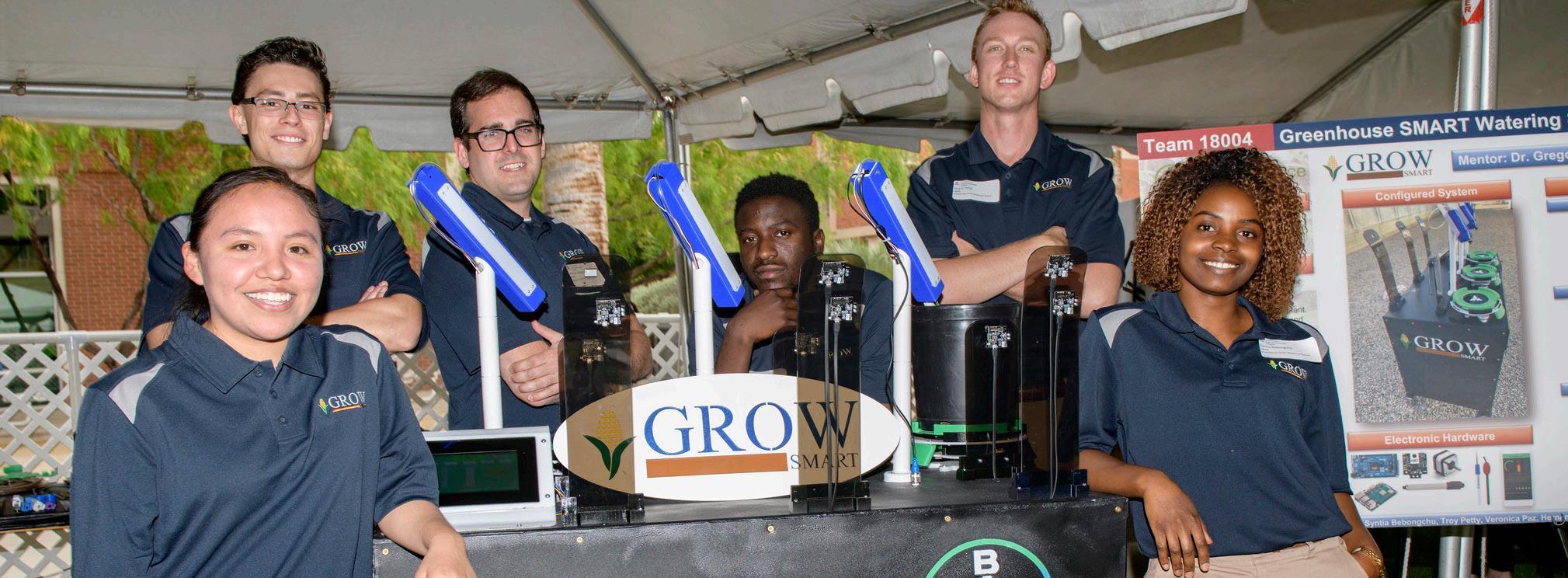
icap.engineering.arizona.edu
All engineering students take design courses and complete design projects. That’s one of the many reasons recruiters consider UA Engineering graduates work ready.
Teams of four to six seniors collaborate on industry or faculty projects in the fall and spring semesters as part of the Interdisciplinary Capstone Program. With dedicated budgets and the support of professional mentors, the teams plan, build and test tools and technologies in areas ranging from aerospace to electronics to energy to medicine.
The culmination of their efforts comes on Craig M. Berge Engineering Design Day, when students present their projects to industry judges and the public and compete for thousands of dollars in awards. Some projects result in patents, commercial products or full-time job offers.
$51,750
UA Engineering degree programs aim to take you where you want to go –whether that’s into graduate, law or medical school; an industry career; or an entrepreneurial endeavor. From resume creation in your first-year seminar to an industry-sponsored design project in your senior year, the college provides a multitude of ways for you to gain professional skills.
Additionally, the college encourages participation in a number of careeroriented happenings:
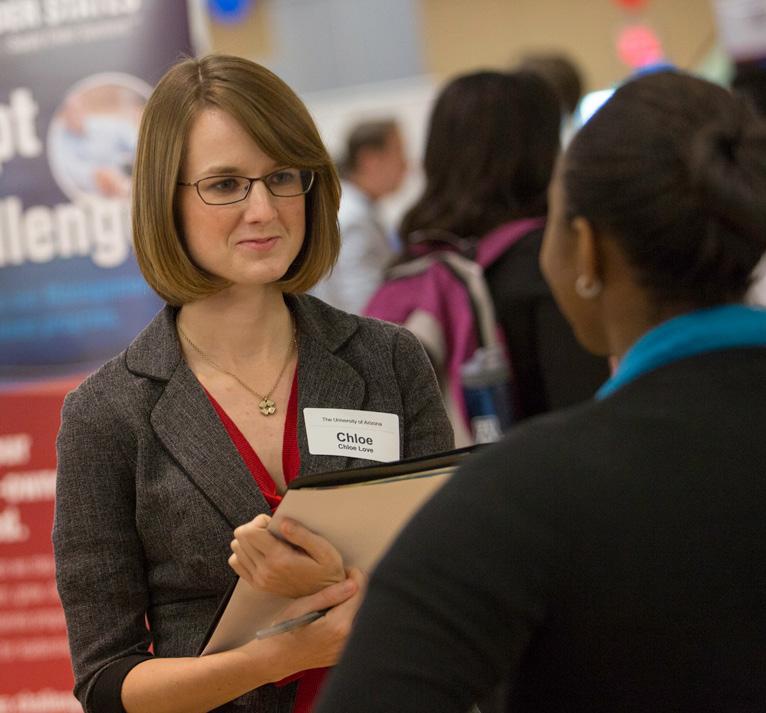
INTERNSHIP READINESS PROGRAM
EMPLOYER INTERVIEWS ON CAMPUS
PROFESSIONAL SOCIETY MEMBERSHIPS
INDUSTRY-HOSTED RESUME REVIEWS
INDUSTRY IMMERSION DAYS
FIND JOBS & INTERNSHIPS AT IEXPO
escuofa.com/iexpo
iExpo, hosted by the UA Engineering Student Council, is the state’s largest student-run engineering fair. For more than 30 years, current students and alumni have used this annual event to secure both internships and full-time employment.
ENGINEERING AND DISCIPLINE-SPECIFIC JOB FAIRS
At iExpo, it was easy to talk to a large number of companies in a smaller environment than the UA’s all-major career fair.
MAKENA S. chemical
engineering
750 FRESHMEN
30% WOMEN
90% FIRST-YEAR RETENTION
150 TRANSFER STUDENTS
30% NON-ARIZONA RESIDENTS

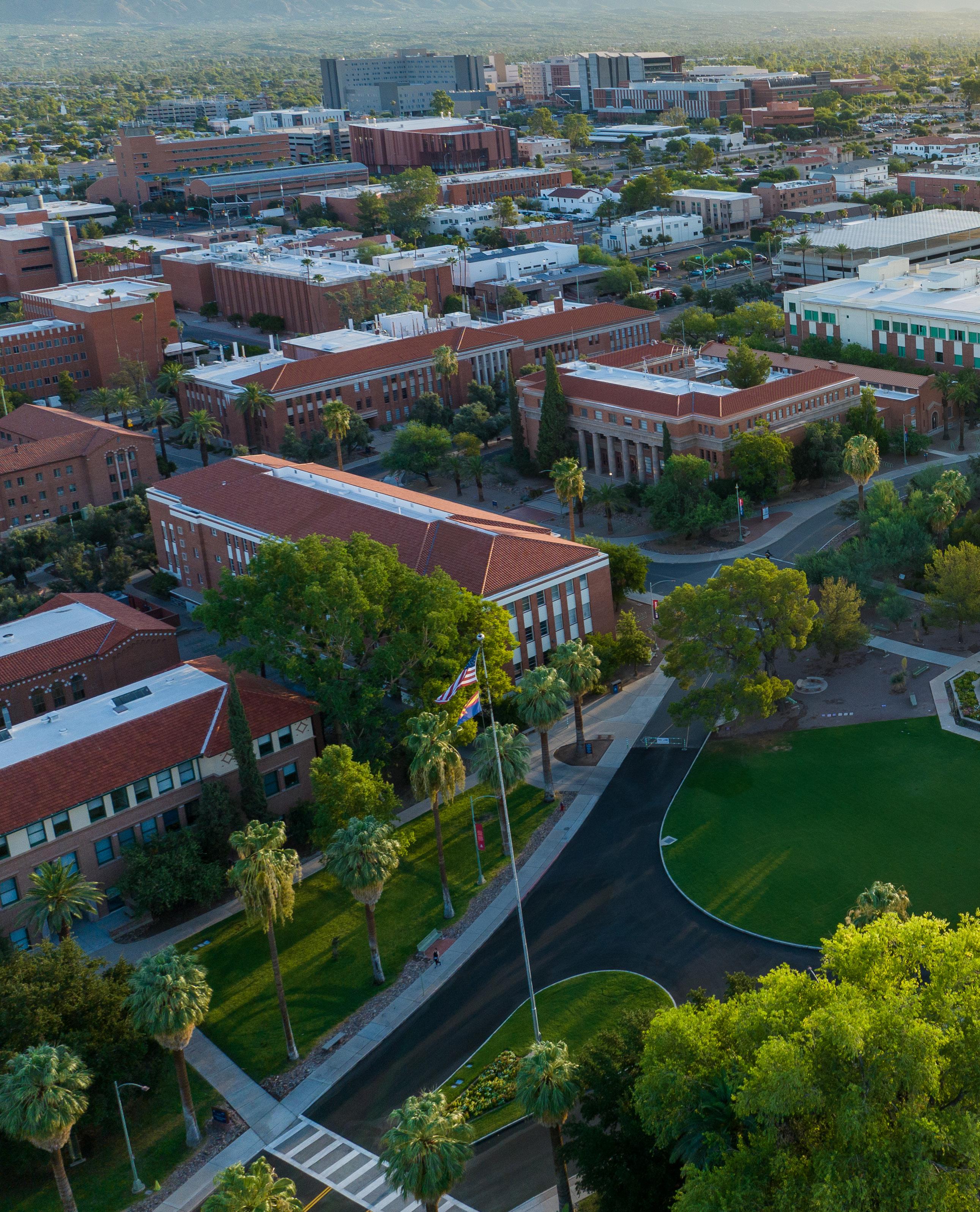

UA students are so well versed. They are not just focused on solving technical problems, but on understanding the broader issues.
HERJINDA HAWKINS
Salt River Project recruitment
